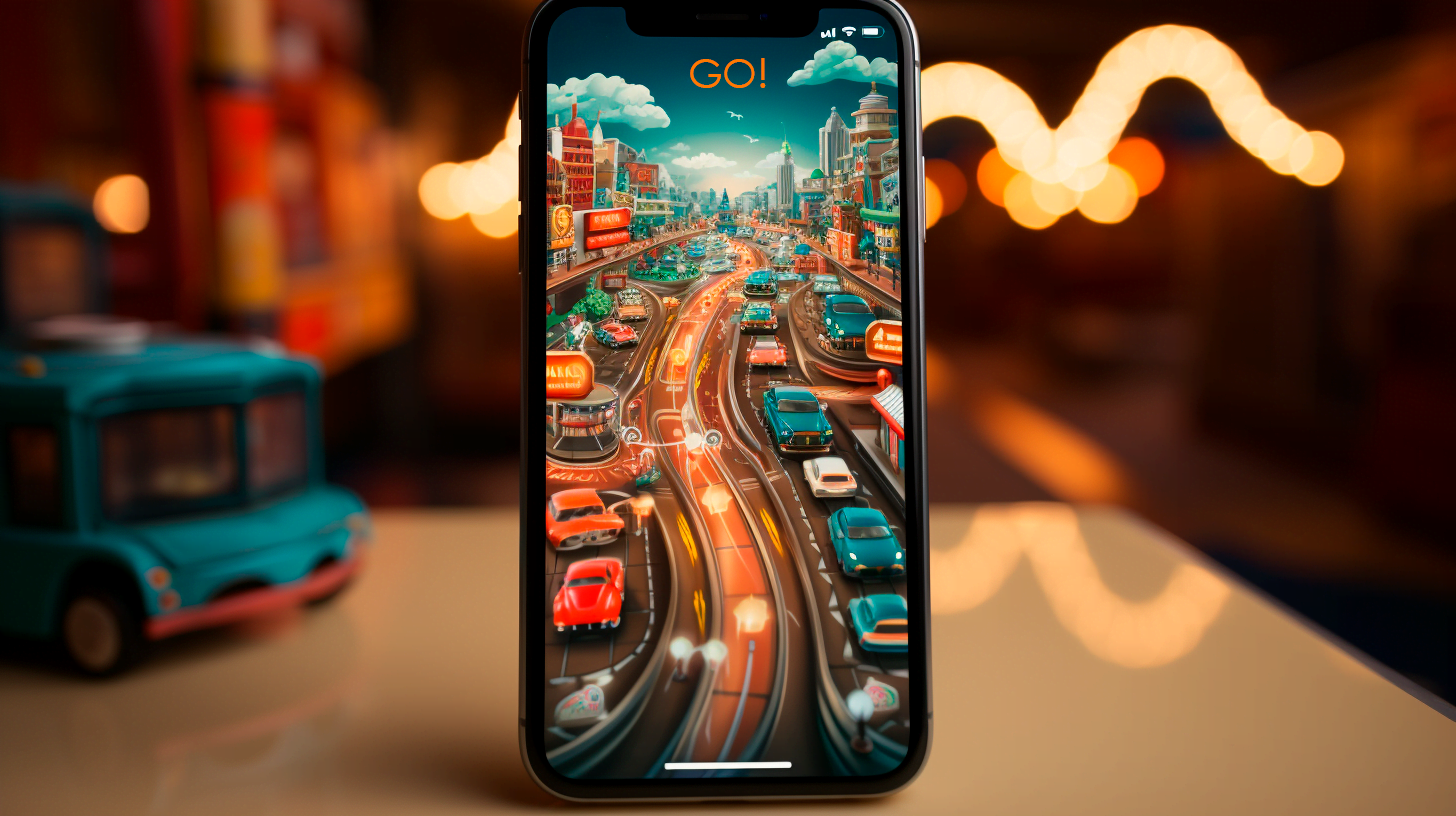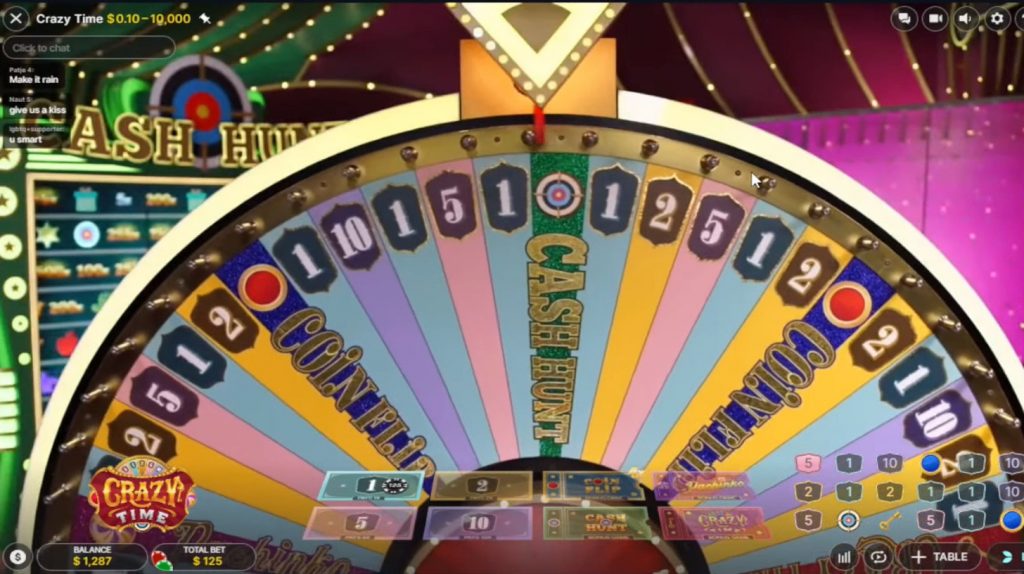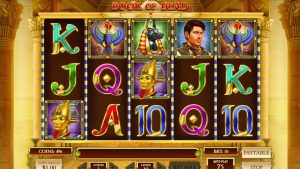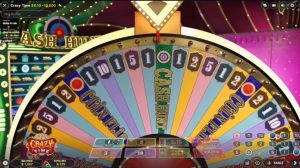Blockchain technology is transforming industries, and the gaming sector is no exception. The decentralized, transparent, and safe nature of blockchain brings a new level of innovation to mobile games. This article explores the key features of blockchain-based mobile games that any blockchain app development company should consider.
Ownership of Digital Assets
In traditional mobile games, players don’t own the digital items they purchase or earn – they’re merely licensed to use them. However, blockchain changes this by allowing gamers to have actual ownership of their in-game assets. Thanks to blockchain’s immutable record-keeping, each item can be tokenized into a unique, non-fungible token (NFT) representing ownership. Players can trade, sell, or gift these NFTs on blockchain marketplaces, adding a new dimension to gameplay.
Secure Trading
Blockchain provides a secure environment for trading digital assets. Smart contracts automate the trading process, ensuring transactions are executed according to agreed-upon terms. This eliminates the need for intermediaries, reduces fraud, and ensures both parties get what they agreed upon.
Transparency
Blockchain’s transparency is a game-changer for mobile games. Every transaction – including purchases, trades, and game outcomes – is recorded on the blockchain, creating an auditable trail. This transparency helps maintain fair play and prevents manipulation of game results.
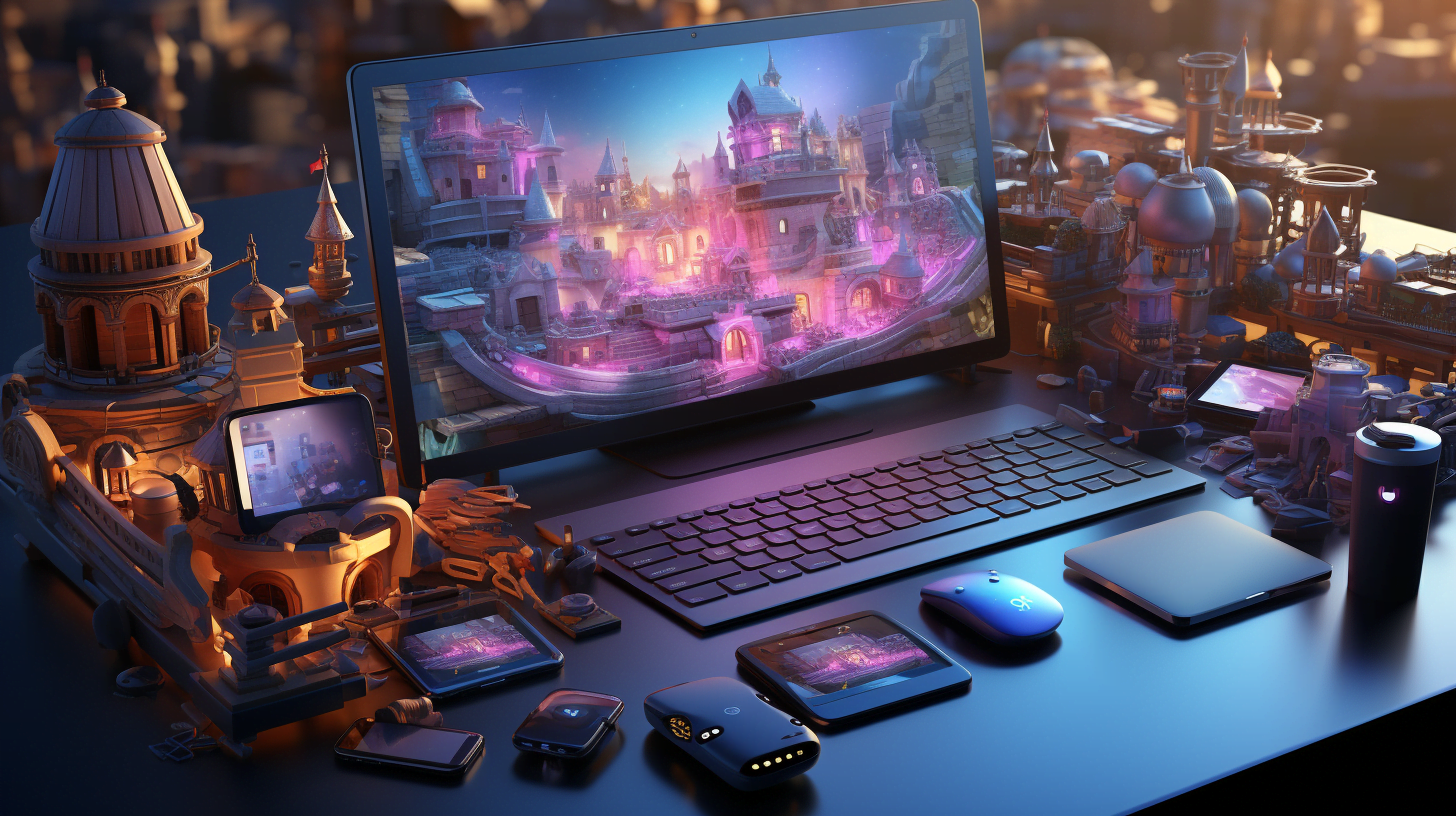
Cross-Game Compatibility
With blockchain, digital assets aren’t confined to a single game. Developers can build games on the same blockchain platform, allowing assets to be used across multiple games. This interoperability enhances the utility and value of the digital assets, encouraging player engagement.
Play-to-Earn Model
Blockchain introduces a new “play-to-earn” model, where players can earn cryptocurrency or token rewards through gameplay. These rewards can be traded for other cryptocurrencies or fiat money, providing players with tangible value for their time and skill.
Decentralized Gaming
Blockchain enables the creation of decentralized games, where no single entity has control over the game’s rules or economy. Instead, decisions can be made collectively by the community of players, creating a more democratic gaming environment.
Immutable Game History
With blockchain, every action in the game is recorded permanently. This immutable history can track player progress, verify high scores, and settle disputes.
Fraud Prevention
The immutability of blockchain prevents cheating and fraud in mobile games. It’s impossible to alter the blockchain records, making it difficult for players to cheat the system.
In conclusion, blockchain technology brings several innovative features to mobile games, enhancing gameplay and adding real-world value for players. As blockchain technology evolves, we can expect even more exciting developments in mobile gaming.

